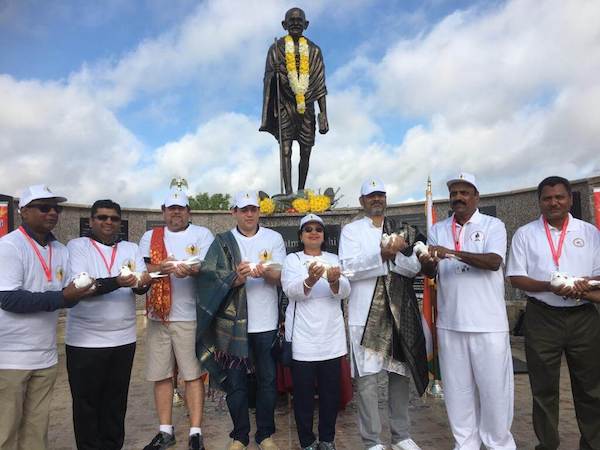BANGKOK (TIP): Thai lawmakers are gathering on July 13 to select a new prime minister, a process whose outcome is far from certain even though the country’s most progressive party won both the popular vote and the most seats in the House of Representatives in the most recent election.
Thailand’s May 14 election was regarded as a major political turning point. The reformist Move Forward Party’s victory appeared to spell an end to nine years of unpopular army-supported rule. Two months later, it is unclear if that mandate for change will be honored.
Parliament is due to vote on whether to make Move Forward’s leader, 42-year-old businessman Pita Limjaroenrat, the country’s prime minister. His party captured 151 of the 500 House seats but has assembled a coalition government in waiting. The eight parties in the coalition won 312 seats combined, a healthy majority.
“This is a party leading a coalition, and they’ve won the election,” Thitinan Pongsudhirak, a political scientist at Bangkok’s Chulalongkorn University, said. “In most other countries, they would be in office by now.”
One of several potential roadblocks to Pita taking power is that the prime minister is elected through a joint vote of the House and the 250-seat Senate, whose members owe their positions to the military-backed regime established by a 2014 coup. Pita, or any other candidate, therefore needs a minimum of 376 votes to become head of government.
The biggest bone of contention between the liberals backing Move Forward and the deeply conservative Senate is the campaign pledge of Pita’s party to amend a law that makes defaming the royal family punishable by three to 15 years in prison.
The monarchy is sacrosanct to members of Thailand’s royalist establishment, and even minor reforms that might improve and modernize the monarchy’s image are anathema to them. Move Forward’s coalition partners also have not endorsed the proposed legal change, and other parties ruled out joining the coalition because of the idea.
Thitinan thinks that given the massive voter support for Move Forward and the Pheu Thai Party, its top partner and political ally, Pita stands a good chance “because of mounting public pressure on the senators. It will depend on the will, the resilience and the intransigence of the royalist conservative establishment.”
But if Pita cannot win over enough senators, his options appear nil. The options for the eight-party coalition as a whole appear more viable. (AP)
© The Indian Panorama





Be the first to comment